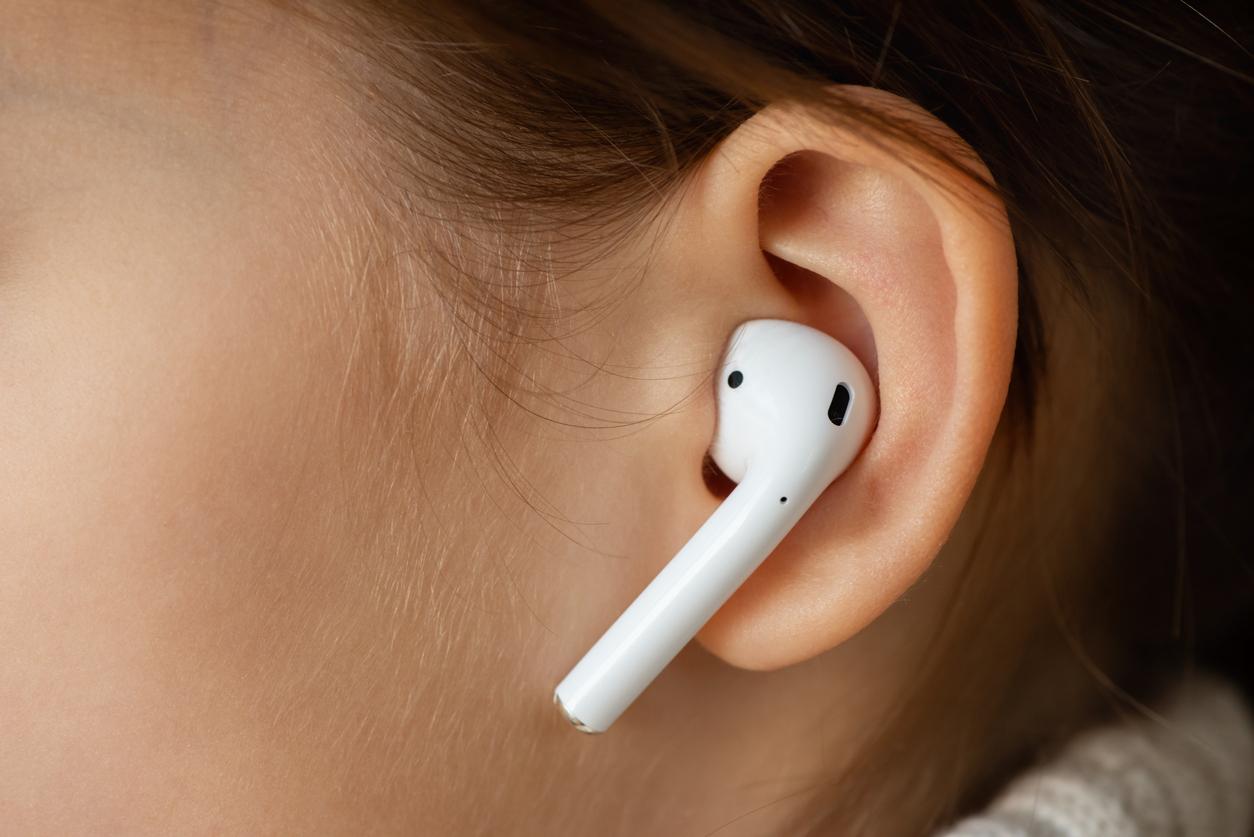These earpieces are equipped with sensors, capable of detecting the vibrations generated by the beating of the heart and therefore possible cardiac disorders, such as atrial fibrillation.

- Headphones allow you to listen to music, but also to measure data related to heart health.
- Sensors record the vibrations emitted during the beating of the heart.
- They can be used to detect pathologies such as atrial fibrillation.
Headphones to monitor your heart: this is the project of an American company, MindMics. It has developed wireless headphones capable of detecting cardiac disorders. They allow you to listen to music or make a phone call, but are also equipped with sensors that record the vibrations emitted during the beating of the heart. These can reveal certain cardiac pathologies.
Atrial fibrillation: headphones as efficient as an electrocardiogram
Once collected, the data is transmitted to a device for analysis. They are then sent to the patient and the healthcare professional via an application. According to thestudypublished last December in NPJ Digital Medicine, this method of analysis would be as effective as an electrocardiogram. The trial was carried out with 40 volunteers, 15 of whom had atrial fibrillation. According to the results, the earphones make it possible to obtain data as precise as those obtained with the electrocardiogram. “We show that infrasonic in-ear hemodynography (the name given to the technology used for these headphones) can differentiate atrial fibrillation from a healthy heart rhythm, with performance similar to that of an electrocardiogram”explain the authors.
Headphones and heart health: what is atrial fibrillation?
Also called atrial fibrillation, this pathology corresponds to a heart rhythm disorder. “Normally, the heart’s atria and ventricles contract under the effect of an electrical impulse, at a regular rate of 60 to 100 beats per minute (at rest)”recalls theHealth Insurance. In people with atrial fibrillation, these contractions are disordered and sometimes ineffective. The disease can manifest in episodes or be permanent. If it affects only 1% of the population, it is involved in 20 to 30% of strokes occurring in France. Atrial fibrillation can also cause heart failure. Its detection is sometimes complex because it does not always cause symptoms.
Heart health: new studies are needed to confirm the effectiveness of these headphones
These new headphones could therefore become potential screening tools, but for this further studies will have to be carried out. On the one hand, the authors point out that their trial involved a relatively small sample, so they will have to confirm their results with a study including more participants. Also, they specify that their device does not make it possible to distinguish the different types of cardiac arrhythmia and claim to be working on new algorithms to achieve this. However, these headphones could soon be on the market: according to an article by DailyMail, they should be available in the United States this year.
















